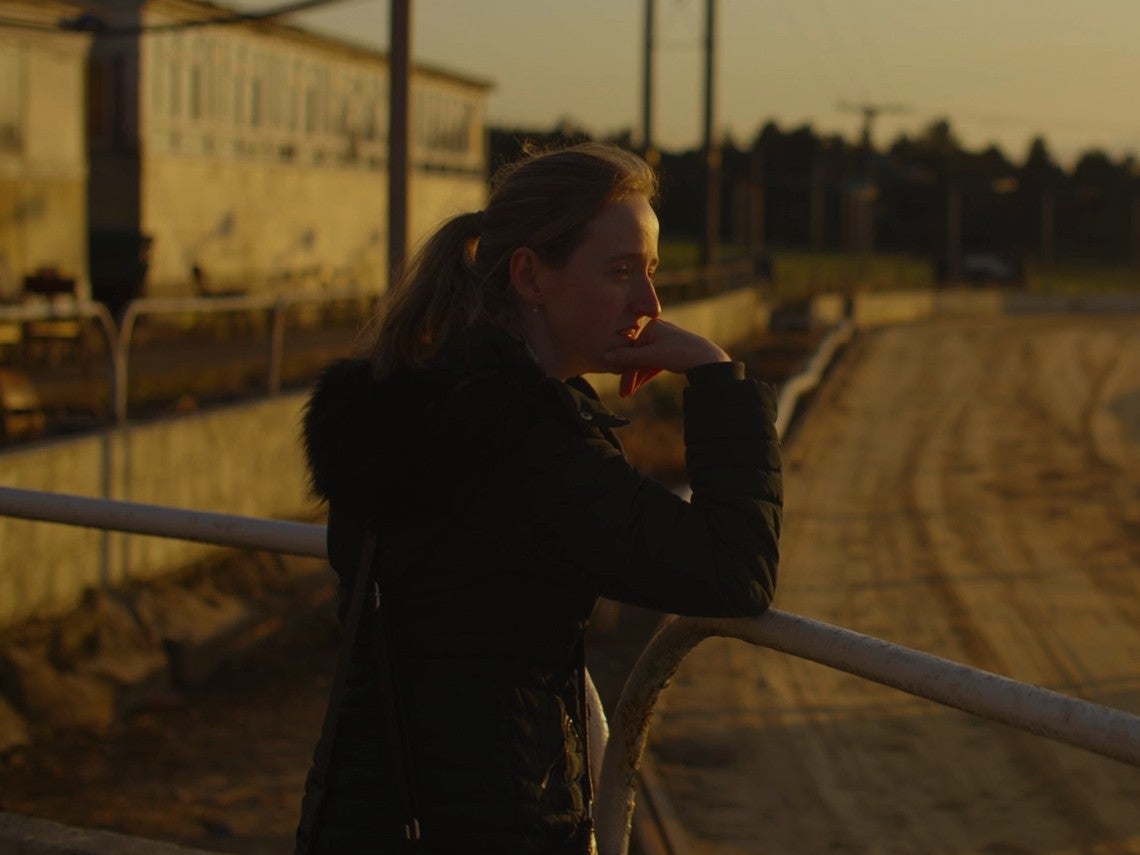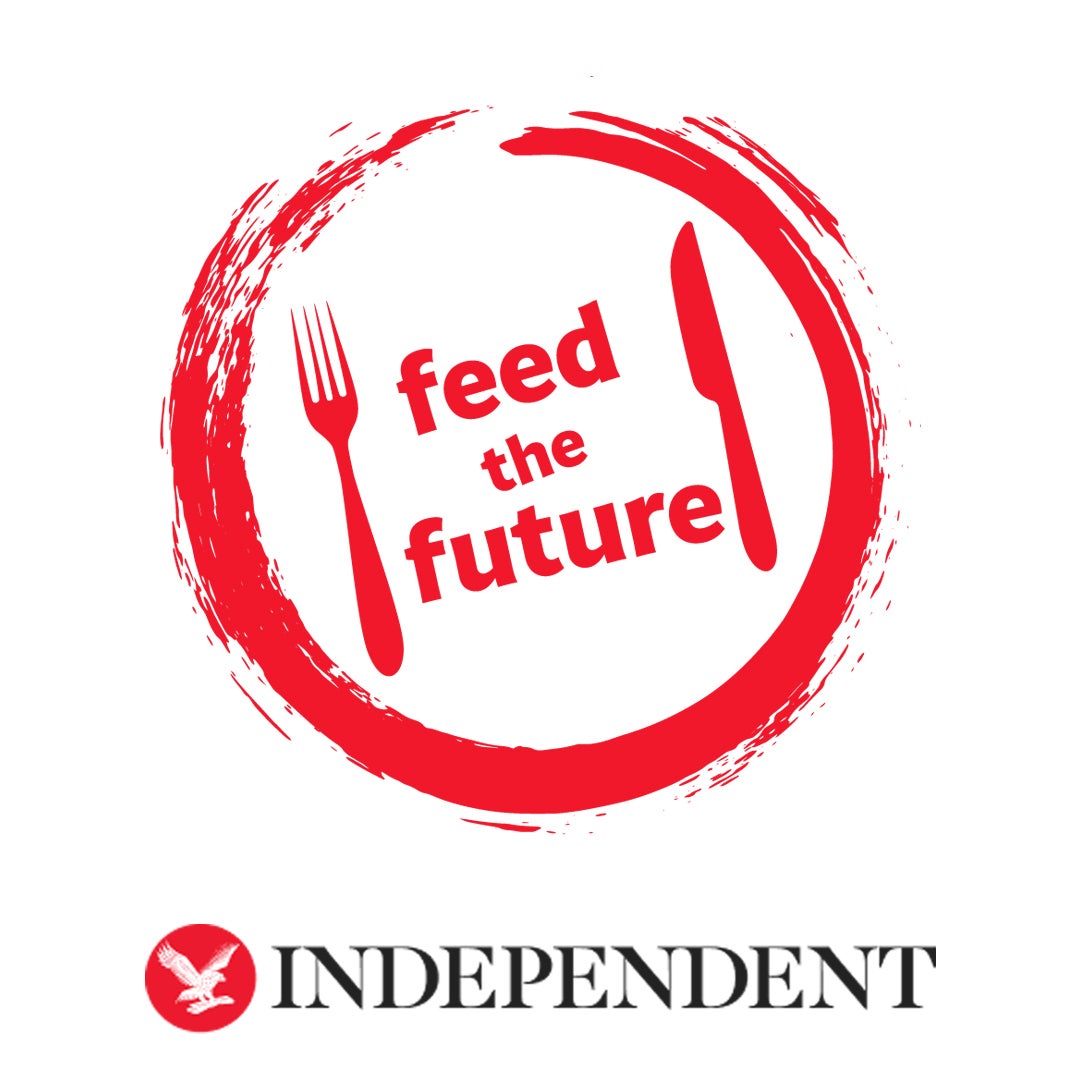‘You always want the next generation to have a better life than we did’
Feed the Future: In the fourth and final #FreeMadeMe interview – in which professionals talk about how free school meals helped provide the foundation for their achievements today – writer Louise Powell speaks to Maryam Zakir-Hussain about her story

Your support helps us to tell the story
From reproductive rights to climate change to Big Tech, The Independent is on the ground when the story is developing. Whether it's investigating the financials of Elon Musk's pro-Trump PAC or producing our latest documentary, 'The A Word', which shines a light on the American women fighting for reproductive rights, we know how important it is to parse out the facts from the messaging.
At such a critical moment in US history, we need reporters on the ground. Your donation allows us to keep sending journalists to speak to both sides of the story.
The Independent is trusted by Americans across the entire political spectrum. And unlike many other quality news outlets, we choose not to lock Americans out of our reporting and analysis with paywalls. We believe quality journalism should be available to everyone, paid for by those who can afford it.
Your support makes all the difference.Growing up in Middlesbrough, Louise Powell lived below the poverty line. Now a successful writer, director and filmmaker, with her scripts broadcast on BBC Radio 4 Extra and performed at theatres, the 30-year-old said free school meals allowed her to “break the cycle”.
To make change happen, please sign the petition by clicking here
The Independent’s Feed the Future campaign in partnership with a coalition of campaigning organisations co-ordinated by the Food Foundation, is calling on the government to extend free school meals to all children in poverty in England. Currently, 800,000 children live in households on universal credit but miss out on free school meals because their parents earn more than £7,400 a year, excluding benefits. Here, Louise tells her story of how #FreeMadeMe:
“My earliest memories are engrained with the awareness that we had nothing. They used to collect everyone’s dinner money on Monday morning for the week in these green envelopes. Lots of other children would pass the envelope forward, it must have come to £3.25 for the week in the nineties. But I remember thinking, wow it must be amazing to have that level of money to be able to pay that.
"In reception I never felt shame about my situation, but when I went to secondary school, it felt shameful to be on free school meals. We had someone who would tick our names off a register of free lunches. It was very visible. Sometimes the meaner kids would deride me and take my milk carton, not knowing that was the only drink I got all day. Other times they would say things like, 'I can’t believe my dad has to pay for your lunch'.

"It made me determined to get on in education. I understood that doing well academically was the only way to escape this cycle. My parents focused a lot on my studies because they knew how crucial it was for my future to achieve top grades.
"When you have grown up under the poverty line and worked to get out of it, seeing kids go hungry brings back trauma. Where I live, local kids stand outside the corner shop selling dandelions for 10p to try and make a bit of money. It breaks my heart. It should not be happening.
"Chances are those kids are going to school and can’t concentrate and are hungry. When you live among these children, you worry about them. They are smaller than other children from affluent areas. They are off school more because they get sick more often due to the lack of healthy food available. There is the mental impact of growing up hungry and probably cold as well.
"It is not just about the child now, it is about what that child grows up to be as an adult. That is where the health issues come in. You always want the next generation to have a better life than we did. It would be terrible to see these failings repeated. There needs to be a bigger policy shift to stop this kind of hunger from happening. That is why I have got involved with the #FreeMadeMe campaign. The message that this gives is that no matter where a child is born, they have an equal chance.”





Join our commenting forum
Join thought-provoking conversations, follow other Independent readers and see their replies
Comments